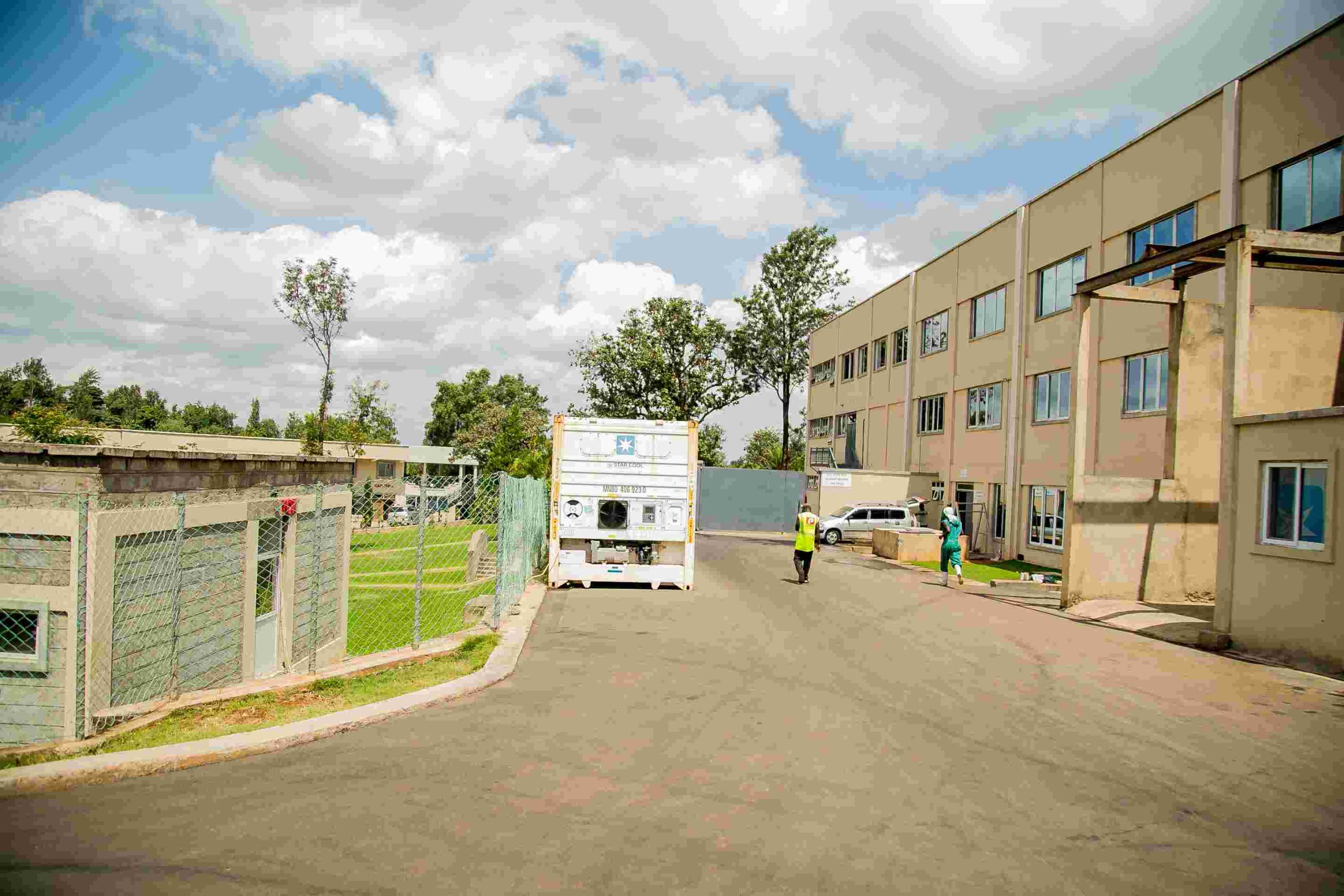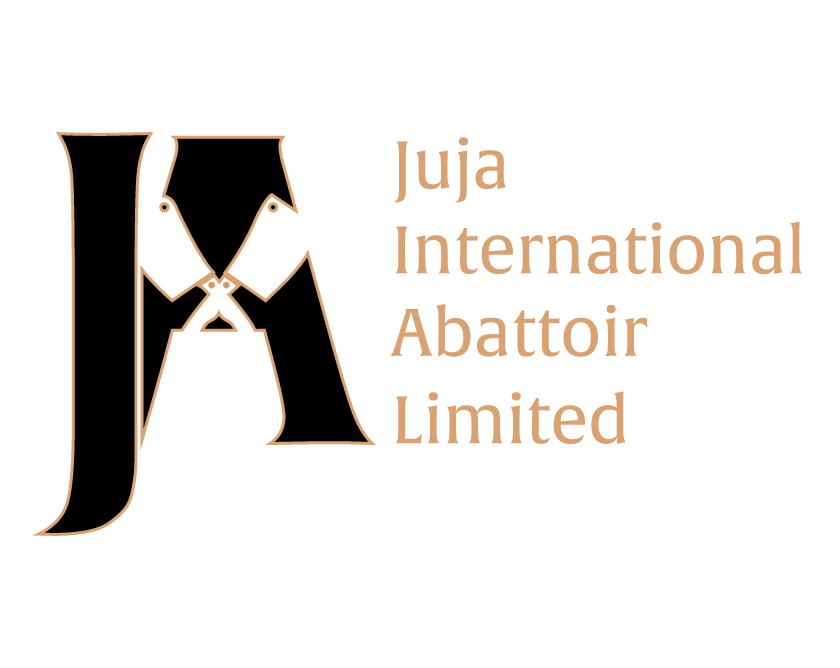Introduction
In today’s discerning global meat market, consumers demand transparency, ethical production, and high-quality nutritional profiles. Located just 35 km from Nairobi along the Thika Highway, Juja Abattoir ticks all the boxes—grass-fed, organically raised livestock processed under stringent halal and international standards.
Grass-Fed & Organic: Health & Ethical Advantages
Livestock raised on natural pasture systems produce meat richer in omega‑3 fats and antioxidants. This aligns with growing consumer awareness about sustainable agriculture and clean eating. Juja sources 100% grass-fed beef, sheep, goats, and even camels, ensuring robust animal welfare standards and healthier meat.
Halal Certification & Export Compliance
As a fully halal-certified facility, Juja meets Islamic dietary laws—a necessity for key markets like the Middle East. With export approvals for GCC countries (Kuwait, Bahrain, Oman, UAE), their meat is rigorously processed to comply with both religious and international food safety regulations.
Advanced Facility & Capacity
Juja features a modern abattoir with:
- Daily processing of up to 6,000 small stock (e.g., goats and sheep)
- 400 cattle and 15 camel carcasses per day
- Full cold storage and clean-room packaging
These capabilities ensure meat stays fresh, safe, and traceable from farm to fork.
Packaging Options for Global Markets
Exporting countries require tailored packaging. Juja offers primal cuts, whole carcasses, and vacuum-sealed portions, catering to diverse commercial needs—from restaurants to retailers and processors.
Sustainability & Market Trends
Grass-fed, ethically processed meat is increasingly preferred among conscious eaters. Juja’s model positions Kenya as a key exporter, driving local economies, supporting small-scale farmers, and reducing reliance on imports.
By combining natural livestock farming, halal compliance, modern processing, and export readiness, Juja Abattoir is set to become a regional powerhouse—delivering premium meat worthy of global plates.








